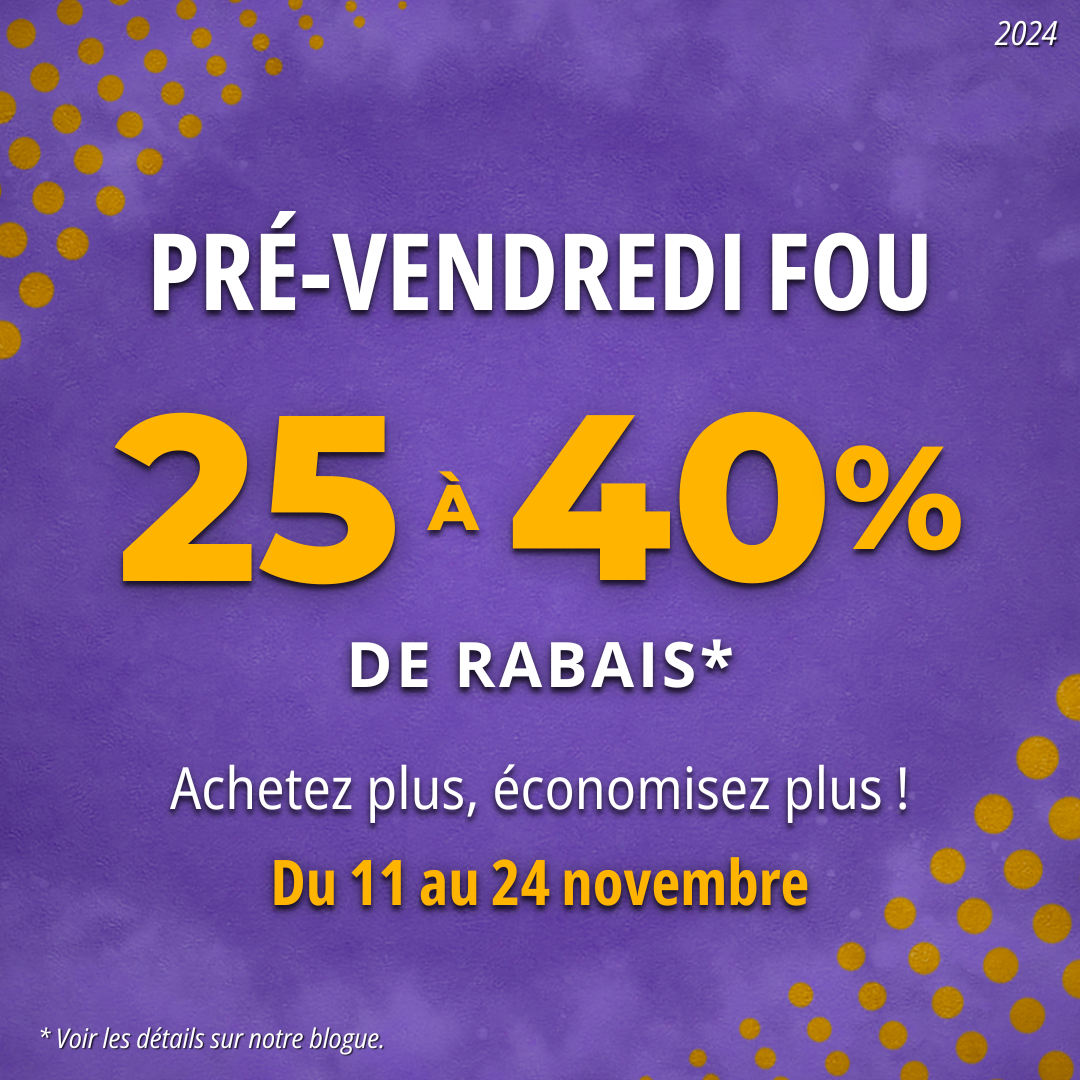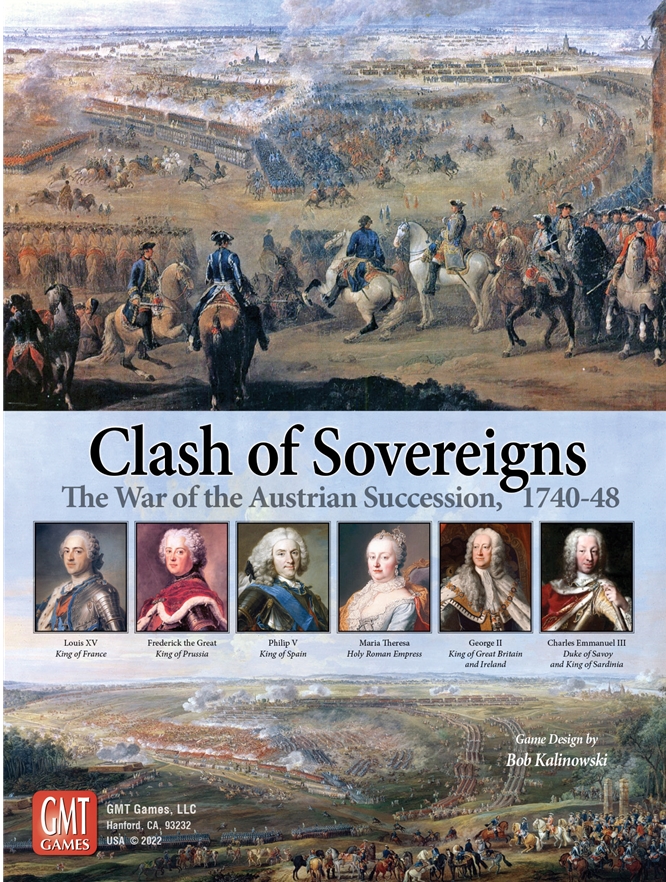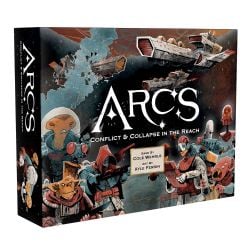
Avez-vous un Compte Privilège?
Il vous permet de faire des économies sur vos achats!
Le principe est simple: pour tout achat de produits admissibles au compte, 10% de la valeur de ces produits avant taxes seront mis en banque dans votre compte et
après un minimum de 10 achats, vous pouvez utiliser ce montant accumulé en cadeau! C'est donc à partir de votre 11e achat que vous pourrez utiliser ce cadeau, mais si vous le désirez, vous pouvez même laisser ce montant augmenter et
utiliser votre cadeau quand bon vous semblera! Le montant du cadeau peut être utilisé sur n'importe quel produit et il doit être utilisé au complet (si vous avez un cadeau de 50$, vous devez donc faire un achat de plus de 50$).
Comment avoir un Compte Privilège?
En magasin, il vous suffit de la demander à l'un des commis, et sur le web, laissez-nous un message dans les commentaires si vous faites une commande, sinon, contactez-nous.
Voici les produits qui sont admissibles au Compte Privilège:
- Les LIVRES de bandes dessinées européennes;
- Les LIVRES de mangas;
- Les ROMANS en anglais et en français;
- Les Jeux de Plateau;
- Les LIVRES de Jeux de Rôles;
- Les MINIATURES à l'unités (Star Wars, Dungeons & Dragons et Axis & Allies);
- Les produits de Games Workshop;
- Les cartes de sport et de jeux à l'unité;
- Les timbres, sauf ceux de l'année en cours. Les accessoires philatéliques ne sont pas admissibles;
- La monnaie, sauf celle au prix d'émission. Les pièces en or et les pièces d'investissement ne sont pas admissibles à la carte. Les accessoires numismatiques ne sont pas admissibles.
* Tous les autres produits qui ne sont pas listés ici ne sont pas admissibles au Compte Privilège.
* L'offre n'est pas monnayable
* Le Compte Privilège ne peut être jumelée à aucune autre offre ou promotion (les produits en spécial ne sont donc pas admissibles).

Disponibilité en magasin
| Magasins | Quantités | ||
|---|---|---|---|
|
Réservez à
|
QUÉBEC | 1 | |
|
Transférez à
|
LAVAL | 0 | |
|
Transférez à
|
ST-BRUNO | 0 | |
|
Transférez à
|
SHERBROOKE | 0 | |
|
Transférez à
|
TROIS-RIVIÈRES | 0 | |
|
Transférez à
|
LÉVIS | 0 | |
|
Réservez à
|
OTTAWA | 1 | |
|
Réservez à
|
POINTE-CLAIRE | 1 | |
Description
Clash of Sovereigns (COS), GMT’s 2-4 player card-driven game of the War of the Austrian Succession, has been 9 years in the making. It is a free-wheeling, faster-playing, stream-lined “nephew” of the widely-regarded Clash of Monarchs (COM).
Features:
- A 12-hour campaign game and three shorter scenarios covering 2-3 years apiece that can be played to completion in as little as three hours!
- 2-4 players.
- The French, Prussians/Spanish (“Pr/Span”), Austrians, and British/ Piedmontese (“Br/Pied”) each have their own separate card decks divided into Early, Middle, and Late war periods
- Half a dozen minor powers add their own blood and diplomatic wrinkles to the tableau – and can sometimes reshape it utterly by switching sides.
- Leaders are rated for Initiative, Offense and Defense modifiers, and Action Points.
- Distinctive national tactics and troop quality factors are ‘captured’ by Army Battle Ratings (which evolve over time) and event and Battle Tactics cards.
- A simple, but significant, naval sub-game simulates naval operations in the Mediterranean and Atlantic, including the annual Bourbon Treasure Fleet’s risky voyage home.
- Colonial conflicts in Canada and India are simulated by event cards
- Design-for-Effect economic factors are “baked into” the event and reinforcement cards and can therefore be resolved in only a small fraction of the time required by COM’s more complex economic model.
COS features asymmetrical armies with distinctive national characteristics and capabilities that have banded together in alliances that often struggle with conflicting goals. Both the Bourbons and Pragmatics will benefit – or suffer from – interactions among the various nations in their respective alliances.
The French player controls the largest, best-led army on the continent but is constrained by its limited logistical reach, King Louis XV’s quirks and maladies, court intrigue, and periodic pressure from his Spanish ally. The French will welcome the Pr/Span player’s powerful Prussian army lancing into the Austrian heartland in early/mid game but chafe under Spanish demands for cooperation and campaigning in Italy – the only place the Spanish can hope to gain the VPs necessary for victory.
The Pr/Span player is both blessed and cursed. In Prussia, he has a powerful army, Frederick’s excellent generalship, and clear objectives. Yet the politically naive Frederick can be “played” into neutrality - or out of the war completely – by wily Austrian diplomacy. Spain itself has an excellent but undersized army that so depends upon French support that the French player decides when Spanish forces will be activated for the Pr/Span player to campaign with! In order to win, the Pr/Span player needs either a Decisive Prussian victory (rare) or for both Prussia and Spain to achieve lesser levels of victory. Thus, the Prussian “frere” of 1740-1745 may become a great nuisance in 1745-1748!
The Pragmatic allies must weather the early war storms of 1740-1742, get their feet under them, and somehow gain traction to push back their powerful French and Prussian foes. They are equal to the task. The Austrian army has solid leaders and its unique Croat/Hussar light troops, which devastated enemy supply lines throughout the war, leaving French and Prussian commanders bewildered and their armies starving. Maria Theresa’s army can prevail against the French and Prussians - if it’s robustly financed to achieve maximum strength. For this, the Austrian player must rely upon the good will and immense financial resources of the Br/Pied player.
The Br/Pied player has the most subtle, difficult – and most important – role in the game. He has a high-quality British/allied army, but it is small, led by indifferent leaders, and can generally be augmented only by low-quality Dutch troops since Austria will have its hands full fighting elsewhere. Yet this mediocre, polyglot army is often the primary protector of the VP-rich Austrian Netherlands against the mighty French Marshal De Saxe! The British player must also selflessly prop up his allies by playing subsidy (reinforcement) cards, which are essential for Austria’s survival and ability to launch counteroffensives in the mid and late war periods. But the British player has a powerful fleet and, if he (literally) plays his cards right, can use it to cut off France from its overseas resources, starving it of reinforcements in the critical late war years.
The British player also controls the Kingdom of Piedmont and can win the game only if it too achieves some level of victory. Piedmont occupies a central position in Northern Italy that sits astride the routes running to the VP-rich areas in Naples and southern France and is itself the chief region where the Pr/Span player can harvest VPs. The Austrians can accomplish little in Italy without the Pieds' help, and vice versa – though they both covet the same Victory Point objectives! So if the Austrian player wants all those subsidy cards played, he may have to help Piedmont achieve its VP objectives, send more Austrian troops to defend the Netherlands, and share late war opportunities to grab VP spaces on the French-Germany border with the British.
COS’s replay value is high because the multiplicity of belligerents and theaters of operation ensure that the game will never play the same way twice. Vienna may fall to the Prussians or French; Paris and Naples may see Austrian white uniforms in their streets; and London may be beset by Bonnie Prince Charlie – or invading French troops. Will the French get Bavarian Charles VII onto the throne of the Holy Roman Empire? Will Marshal Traun and Austrian Croats take it back? Will Louis XV and George II clash in Flanders? An
CLASH OF SOVEREIGNS: THE WAR OF THE AUSTRIAN SUCCESSION (ANGLAIS) est catégorisé dans JEUX DE SOCIÉTÉ / JEUX AVANCÉS / JEUX DE GESTION DE TERRITOIRE en vente chez l'Imaginaire, un magasin-boutique et un site web spécialisé.
Auteurs : Bob Kalinowski
Artistes : Rodger B. MacGowan,Mark Mahaffey,Mark Simonitch
Complexité : 4.00
Langage : Anglais
Jeu pour : GF12
Durée d'une partie : 180-720 MIN
Niveau de difficulté : JEUX EXPERT
Nombre de joueurs : 2-4









